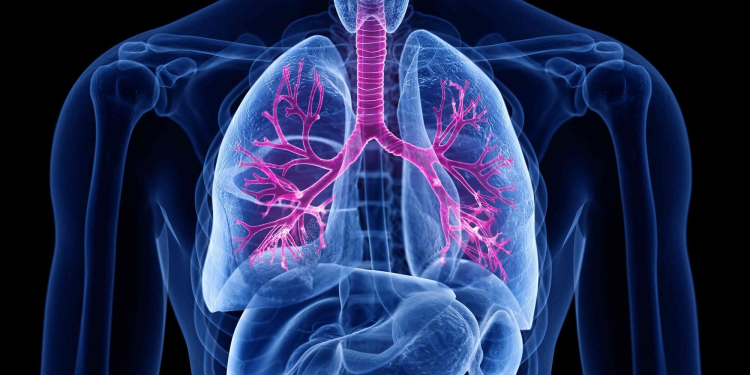COPD, also known as chronic obstructive pulmonary disease, is a progressive respiratory illness. This means that it will continue to get worse over time if left untreated. In the early stages, COPD may not cause any symptoms. But eventually, it will make it difficult to breathe. There are many different causes of COPD, but the most common one is smoking cigarettes. Other causes can include exposure to secondhand smoke, air pollution, and fumes from chemicals or other substances.
If you have been diagnosed with COPD, there are things you can do to help manage the condition. Quitting smoking is the most important thing you can do to slow the progression of COPD and improve your overall health. Other treatments may include medications, pulmonary rehabilitation, and oxygen therapy.
If you are having trouble breathing, it is important to seek medical help right away. Early diagnosis and treatment of COPD can help improve your quality of life.
COPD Symptoms
COPD symptoms can be difficult to identify, especially in the early stages of the disease. Some people may not even realize they have COPD until they are diagnosed by a doctor.
The most common symptoms of COPD include:
- Chronic coughing
- Shortness of breath, especially during physical activity
- Chest tightness or pain
- Production of excess mucus
- Wheezing or whistling sound when breathing
If you experience any of these symptoms, it is important to see your doctor for diagnosis and treatment. Early diagnosis and treatment can help improve the quality of life for people with COPD.
There is no cure for COPD, but there are treatments that can help improve symptoms. These include medications, oxygen therapy, and pulmonary rehabilitation. It’s important for seniors with COPD to stay as active as possible and follow their doctor’s recommendations. With treatment, many people with COPD can live relatively normal lives.
What is COPD?
COPD is a lung disease that makes it hard to breathe. It is caused by damage to the lungs over time. Cigarette smoking is the most common cause of COPD, but other things can also damage the lungs and lead to COPD, such as air pollution and exposure to chemical fumes or dust.
What Are the Symptoms of COPD?
The most common symptom of COPD is shortness of breath. Other symptoms may include coughing, wheezing, and feeling tired. Some people with COPD have a barrel-shaped chest. Not everyone with COPD has all of these symptoms, and they may not be the same for everyone.
How is COPD Diagnosed?
COPD is usually diagnosed by a doctor after doing a physical exam and reviewing your medical history. The doctor may also order tests, such as a spirometry test or chest x-ray, to help confirm the diagnosis.
What Are the Treatments for COPD?
There is no cure for COPD, but treatments can help ease the symptoms and improve quality of life. The most important thing you can do is to stop smoking. Other treatments may include oxygen therapy, pulmonary rehabilitation, and medicines.
What Are the Complications of COPD?
COPD can make it hard to do everyday activities such as shopping or going for a walk. It can also lead to other health problems, such as heart disease, stroke, and pneumonia.
Are There Any Special Precautions for COPD?
If you have COPD, it is important to avoid exposure to things that can worsen your condition, such as cigarette smoke, air pollution, and chemical fumes or dust. You should also get a flu shot every year and a pneumococcal vaccine to help prevent pneumonia.
What Is the Prognosis for Someone With COPD?
COPD is a progressive disease, which means it gets worse over time. The rate of progression varies from person to person. Some people may only have mild symptoms for many years, while others may progress rapidly. Ultimately, however, COPD can cause respiratory failure and death.
How Can I Prevent COPD?
The best way to prevent COPD is to avoid smoking. If you smoke, quitting is the most important thing you can do for your health. Other ways to prevent COPD include avoiding exposure to air pollution and chemical fumes or dust.
If you or a loved one has COPD, it’s important to talk to your doctor about the best way to manage the condition. There are many resources available to help you cope with this disease.
Conclusion
COPD is a chronic and progressive lung condition that affects seniors. This article provides an overview of COPD, including its symptoms, treatments, and resources available to help you cope with the disease. If you or a loved one has COPC please talk to your doctor about treatment options as well as how best to manage the condition on a daily basis.


